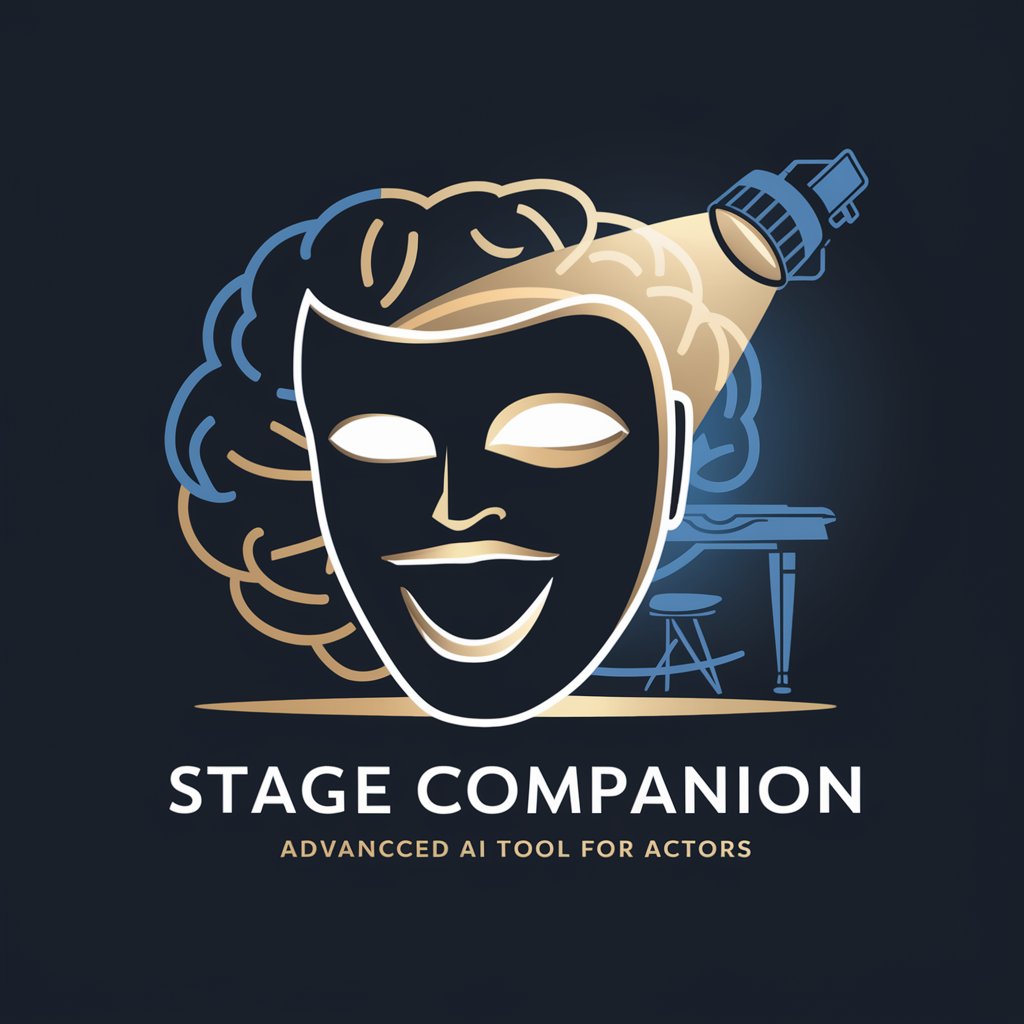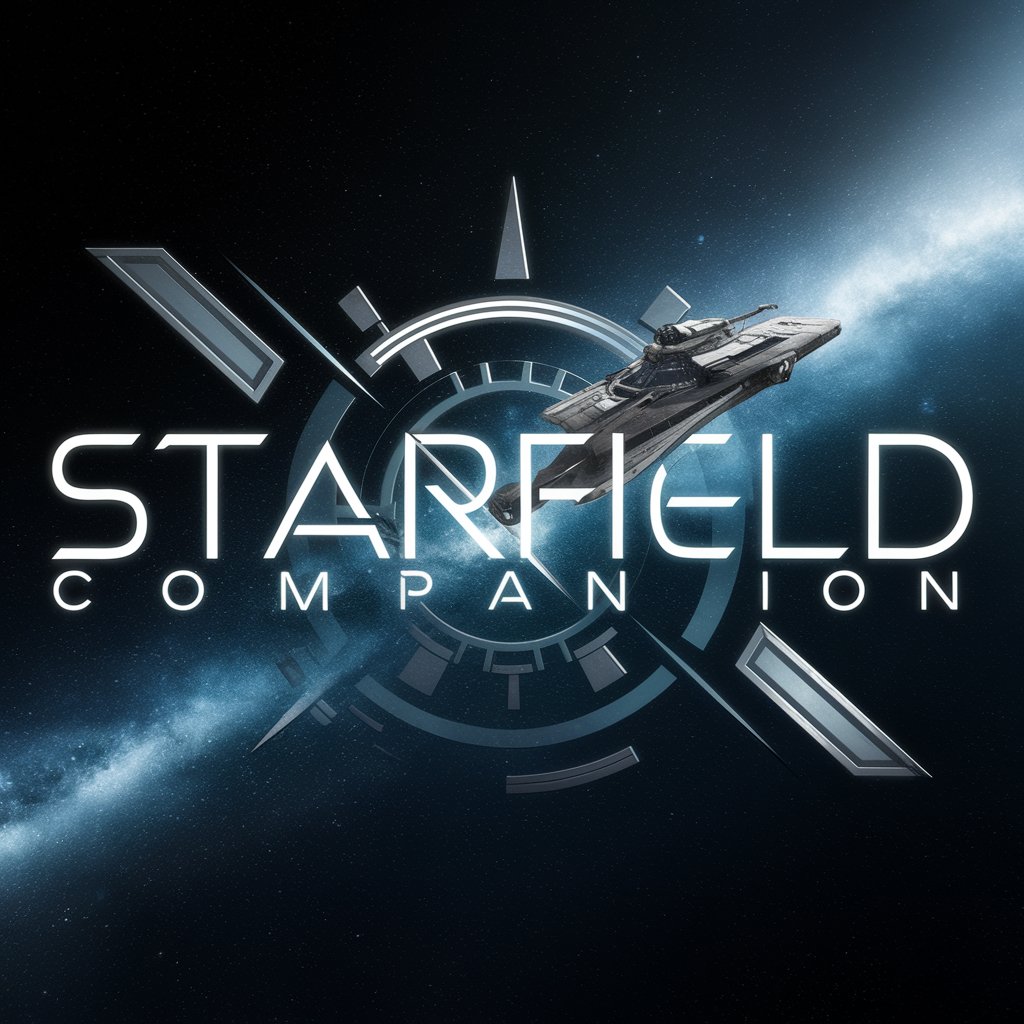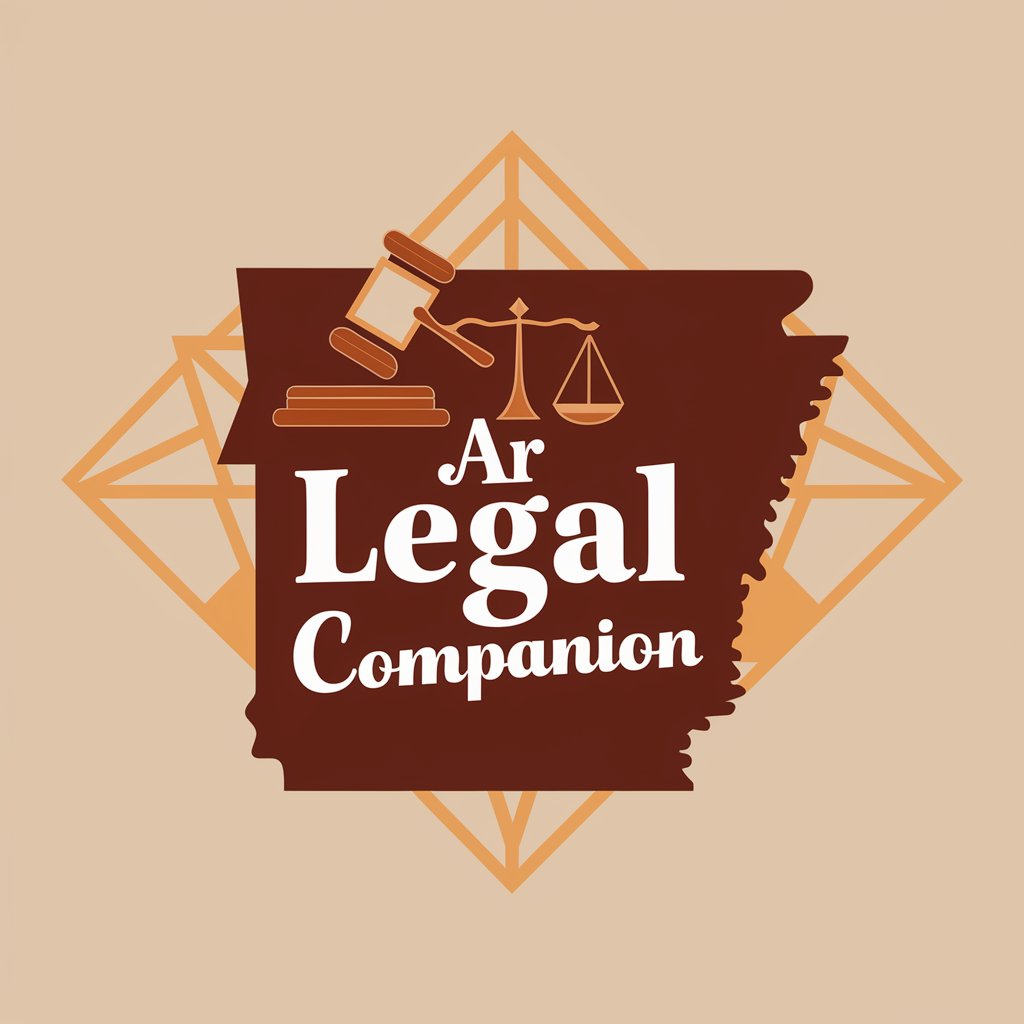
OAR Companion - Academic Literature Assistant
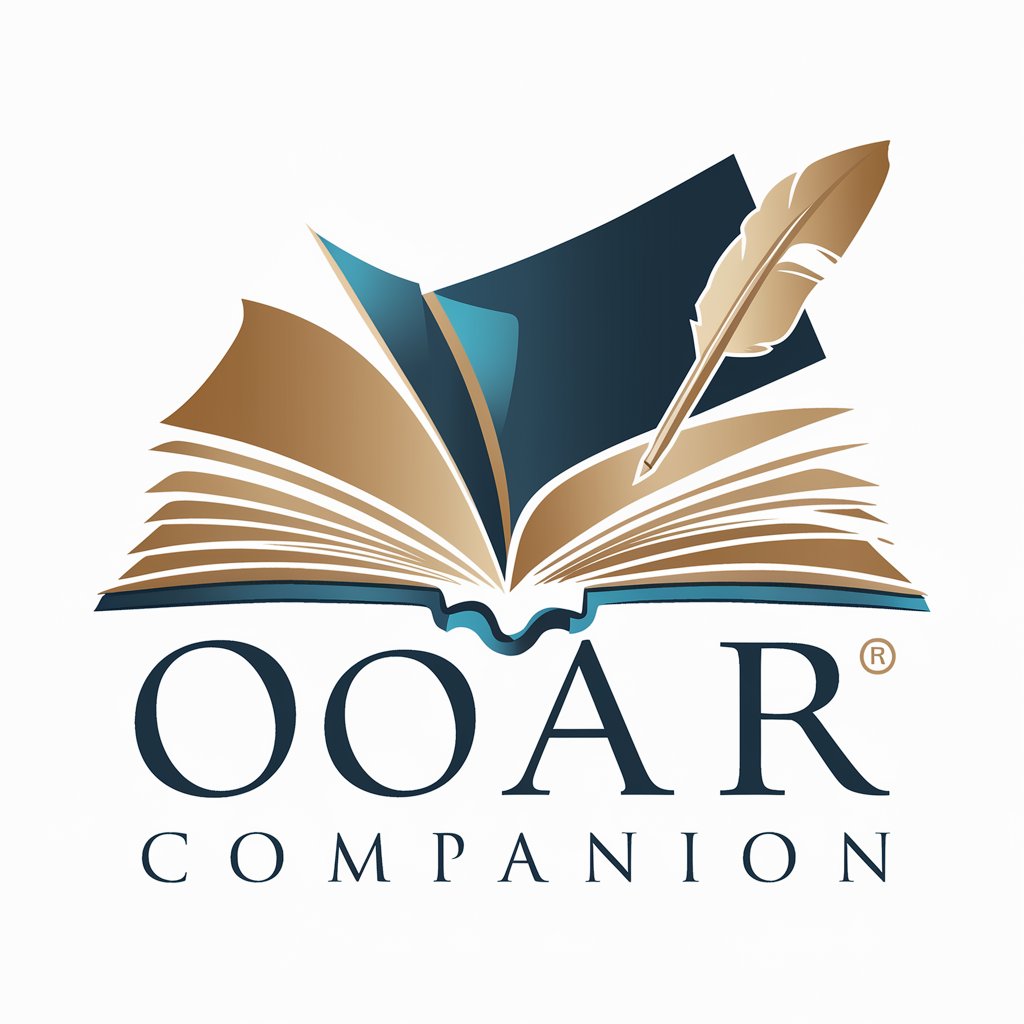
Welcome to OAR Companion, your scholarly guide to literary exploration.
Empowering Literary Exploration with AI
Can you provide an analysis of the main themes in
What are the key character developments in
How does the author approach the topic of
What is the significance of the setting in
Get Embed Code
Overview of OAR Companion
OAR Companion is designed as a specialized digital assistant that offers in-depth analysis and insights into a curated list of books focusing on topics such as criminology, policy analysis, drug regulation, copyright law, and the broader scope of knowledge management and open access resources. Its design purpose is to facilitate academic research, policy development, and general understanding of these complex subjects through comprehensive responses. For example, if a user queries about the impact of copyright law on open access resources, OAR Companion can provide a detailed analysis based on the specific literature available in its database, citing empirical data, case studies, and scholarly discussions contained within those texts. Powered by ChatGPT-4o。

Core Functions of OAR Companion
Detailed Literature Analysis
Example
Analyzing the impact of digital rights management on the dissemination of scholarly communications.
Scenario
A user inquiring about the detailed impacts of digital rights management on academic publishing would receive a thorough analysis, including references to specific chapters or sections within the literature that discuss legal, social, and technological aspects of the issue.
Comparative Studies
Example
Comparing the effectiveness of open access policies across different countries.
Scenario
When tasked with comparing open access policies, OAR Companion draws upon its database to highlight differences and similarities in policy outcomes, implementation strategies, and the overall impact on the accessibility of scholarly work.
Concept Clarification
Example
Clarifying the concept of 'open knowledge institutions' and their role in promoting open access.
Scenario
For users seeking to understand complex terms or concepts, such as 'open knowledge institutions,' OAR Companion provides definitions, context, and examples of how these entities operate and contribute to the broader open access ecosystem.
Target User Groups for OAR Companion Services
Academic Researchers
This group benefits from OAR Companion by gaining access to detailed analyses and comprehensive overviews of literature relevant to their field of study, especially for interdisciplinary research involving copyright law, digital rights, and open access initiatives.
Policy Makers and Analysts
Policy makers and analysts can utilize OAR Companion to inform policy development and analysis. The assistant offers insights into the implications of various policies on copyright, open access, and digital information sharing, aiding in the creation of informed, evidence-based policies.
Educators and Students
For educators and students, OAR Companion serves as a resource for understanding the nuances of copyright law, open access, and the digital information landscape, enriching their learning and teaching experience with up-to-date, detailed information.

Guidelines for Using OAR Companion
Initiate Your Experience
Begin by visiting yeschat.ai for a complimentary trial, accessible immediately without the need for signing into an account or subscribing to ChatGPT Plus.
Understand Your Requirements
Identify the specific information or analysis you need from the literature or documents available. This could range from plot summaries and character analyses to themes and author backgrounds.
Formulate Your Questions
Prepare clear and concise questions related to your research or interest areas. Ensure your queries are well-structured to leverage the OAR Companion's capabilities effectively.
Engage with OAR Companion
Present your questions to OAR Companion. For best results, provide context or specify the type of analysis you're looking for, whether it's a deep dive into a book's themes or a comparative analysis of characters.
Review and Follow-up
After receiving responses, review the insights and information. If necessary, ask follow-up questions or request further clarification to deepen your understanding.
Try other advanced and practical GPTs
AI API documentation
Power Your Apps with AI

AI and PR Research Digest
Empowering PR with AI Insights

Meme Guesser
Guessing games meet meme culture

SkyTimely GPT
Predictive Precision for Every Flight
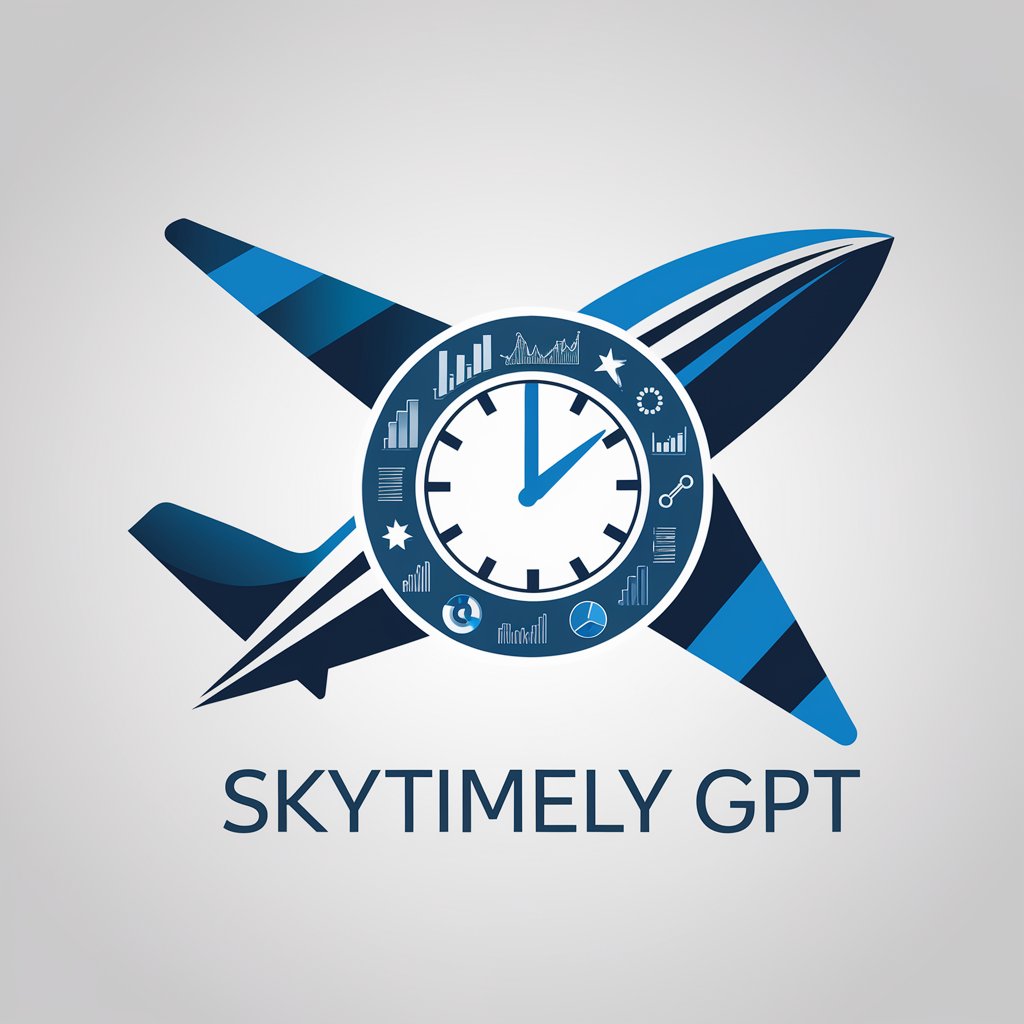
DreamCatcher 2.0
Unlock Your Dreams with AI-Powered Insights
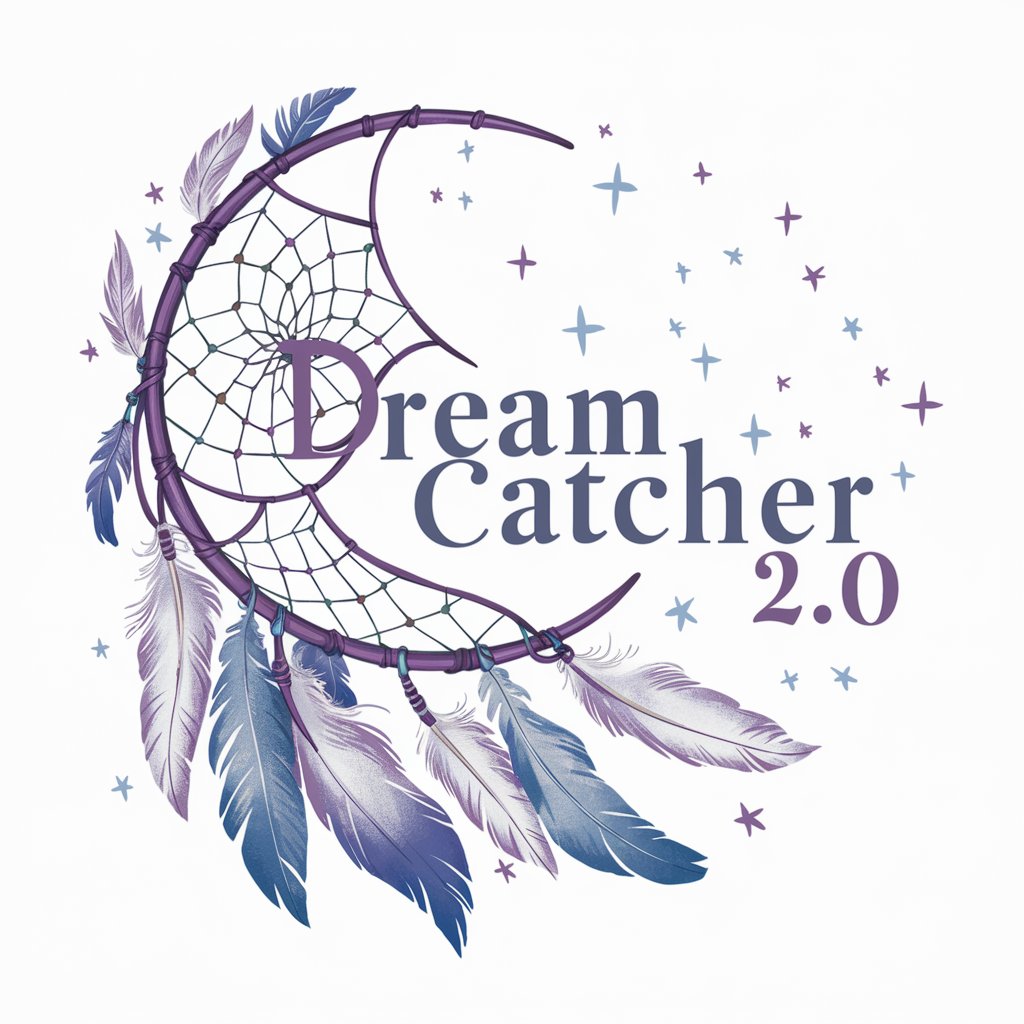
Contest Finder
Win Big with AI-curated Contests

reco
Empowering Your Career with AI

Canada Access to Information Requests Research AI
Unlock government data with AI

LogoMate
Crafting Your Brand's Signature with AI

HTML5 Accessible Navigators
AI-Powered Web Navigation Accessibility
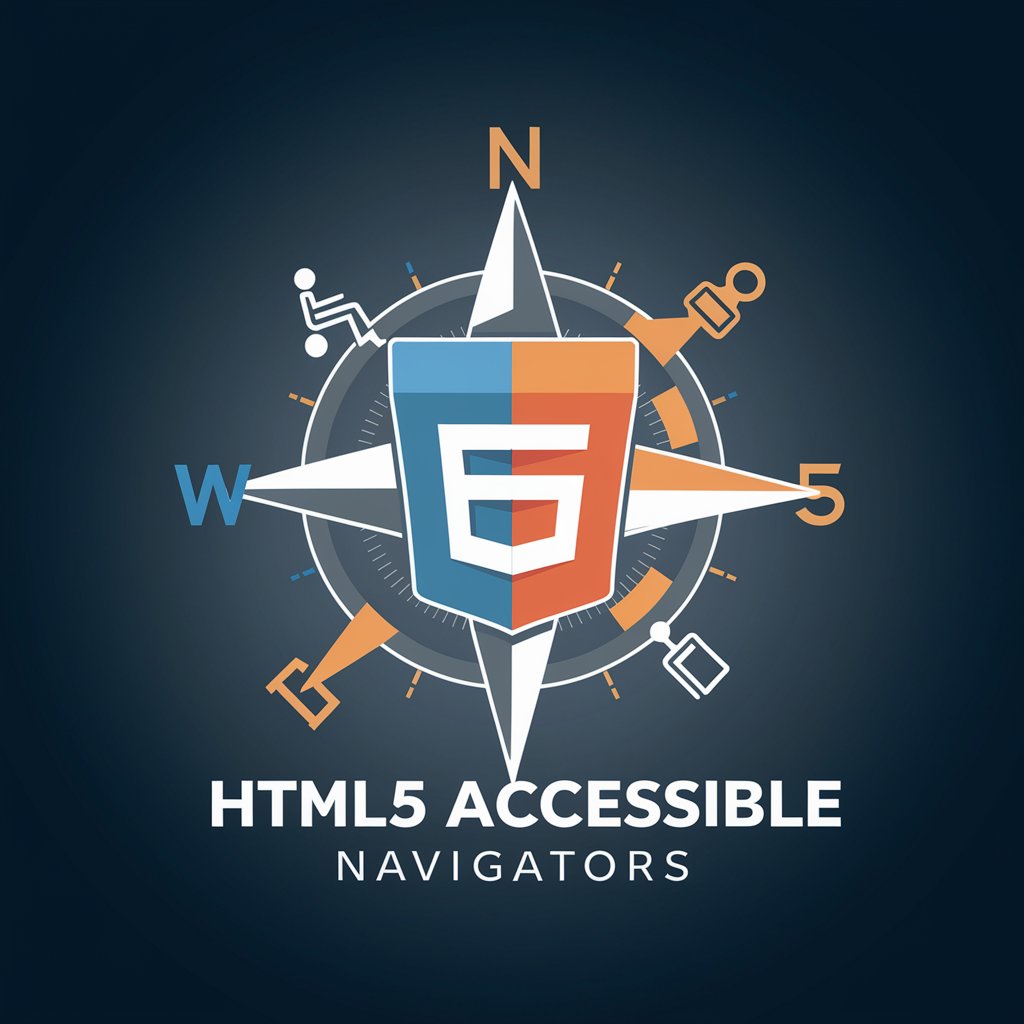
Ultimate Realism Portraits Open Access
Bringing AI-Powered Realism to Portraits

Benefit Policy Architect
Crafting Tailored Benefit Policies with AI
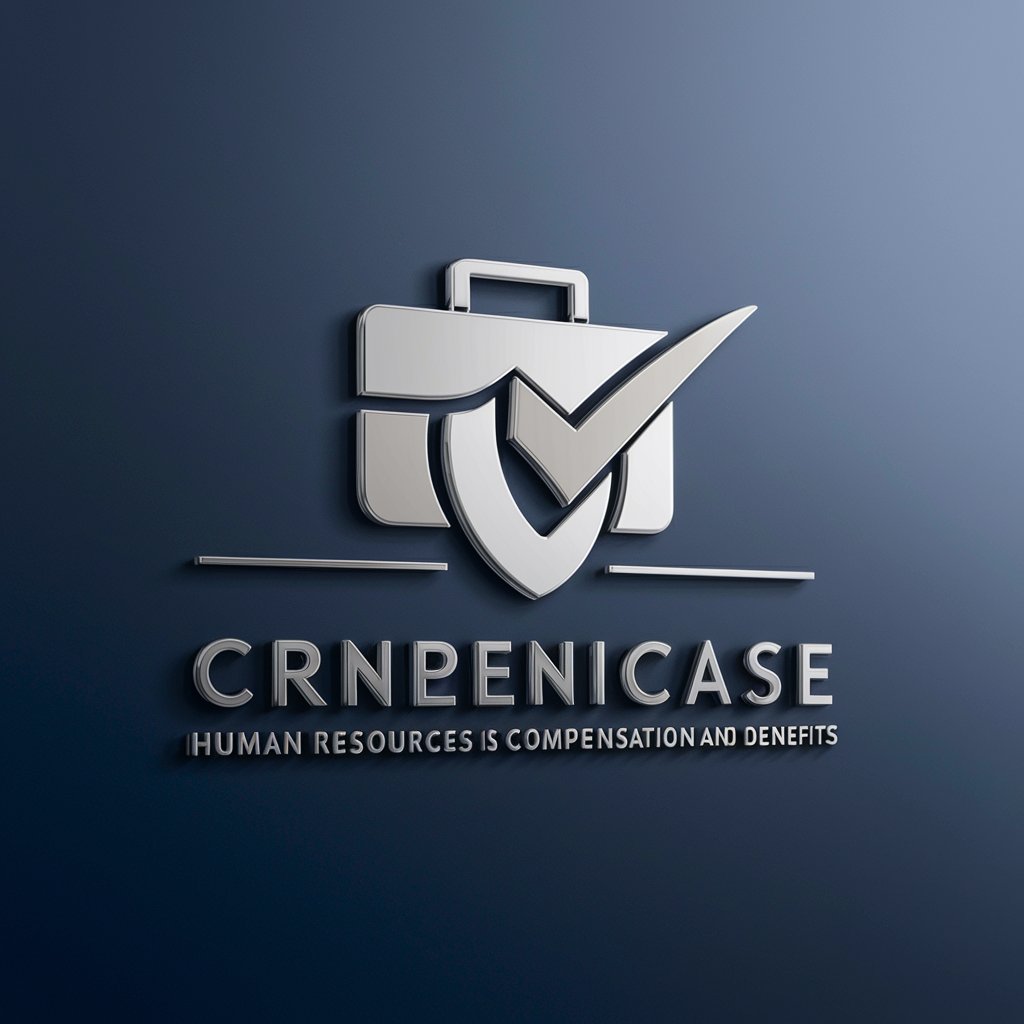
Frequently Asked Questions About OAR Companion
What types of literature does OAR Companion specialize in?
OAR Companion specializes in a wide array of literature, including academic texts, policy analysis documents, drug regulation studies, and scholarly works related to criminology. It provides detailed analyses, summaries, and insights based on a predefined list of books and documents.
Can OAR Companion help with academic writing?
Yes, OAR Companion can significantly aid in academic writing by offering in-depth analyses, thematic explorations, character studies, and author information, which can enrich research papers, essays, and reports.
How does OAR Companion ensure the accuracy of its responses?
OAR Companion relies on a database of documents and literature to provide evidence-based responses. It emphasizes accuracy by cross-referencing information within its knowledge base before offering insights, ensuring responses are factual and well-supported.
Is OAR Companion suitable for non-academic users?
Absolutely. While OAR Companion is tailored for in-depth literary analysis, its capabilities can be beneficial for non-academic users interested in exploring literature, understanding complex themes, or engaging in thoughtful discussion about books.
Can I use OAR Companion for comparative literature studies?
Yes, OAR Companion is well-equipped for comparative literature studies, offering the ability to analyze and compare themes, narratives, character development, and authorial styles across different works, facilitating nuanced discussions and insights.
